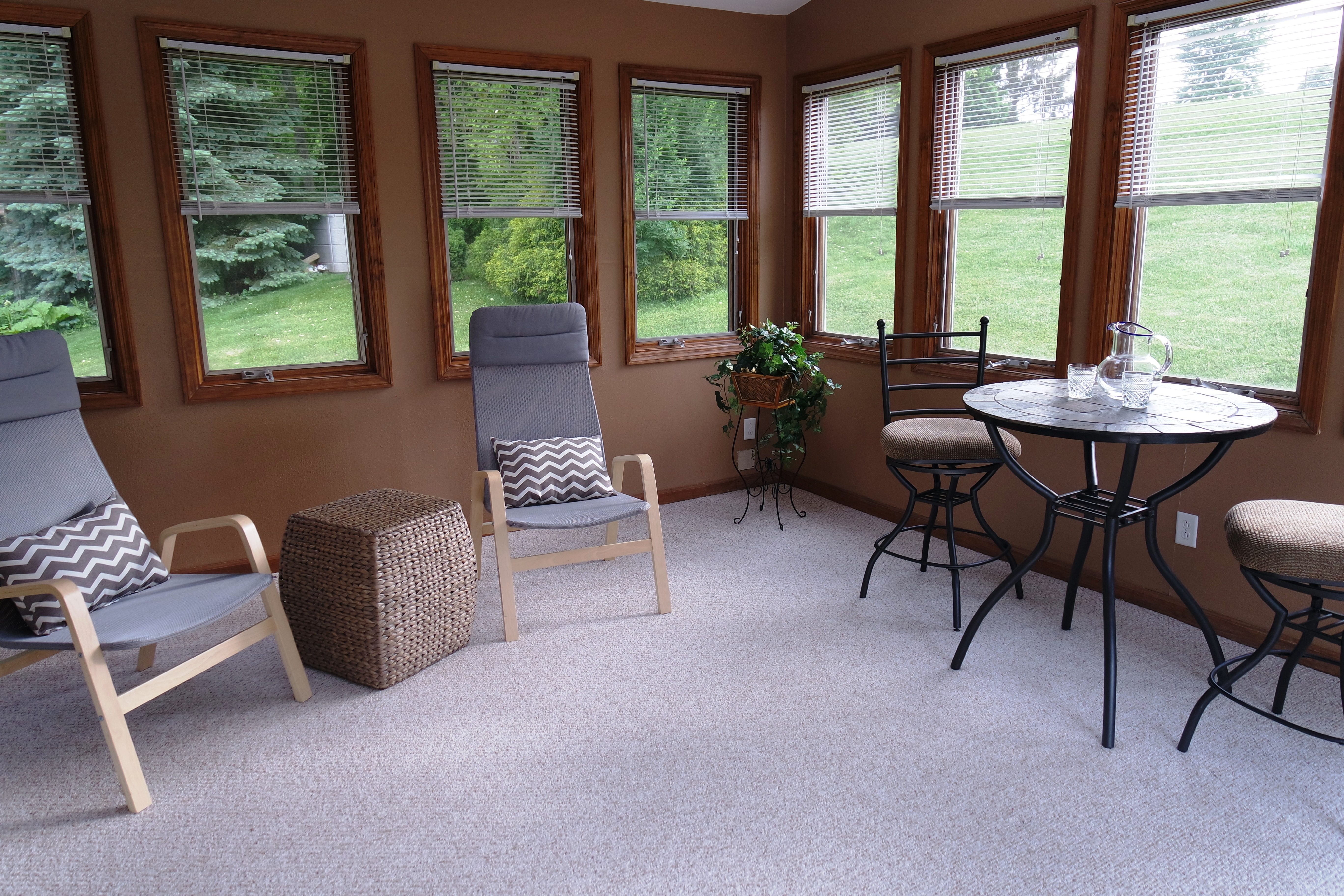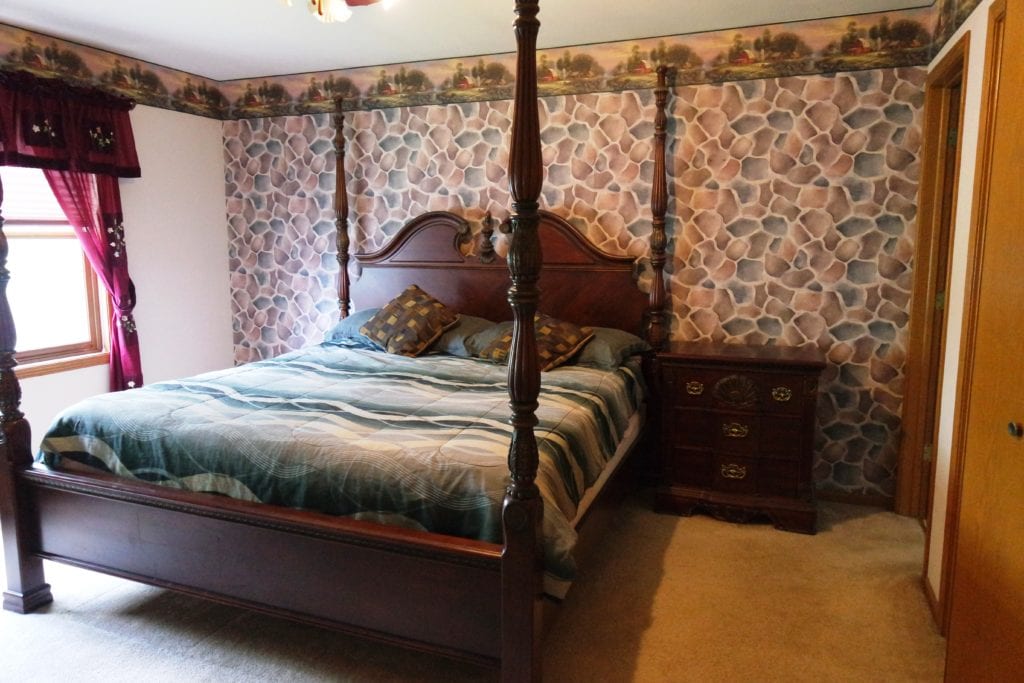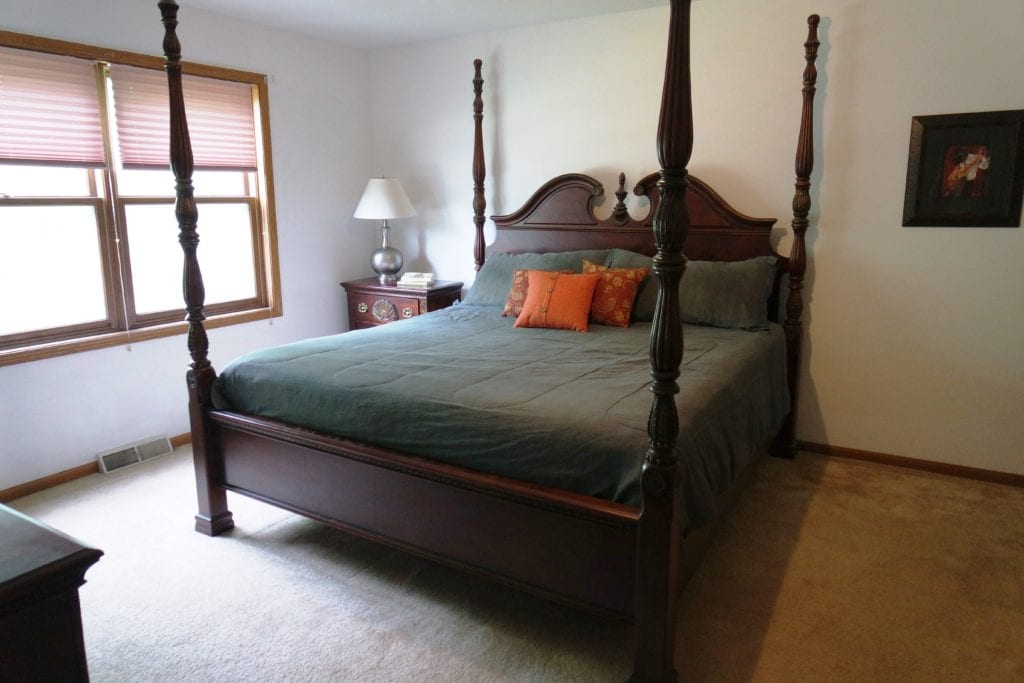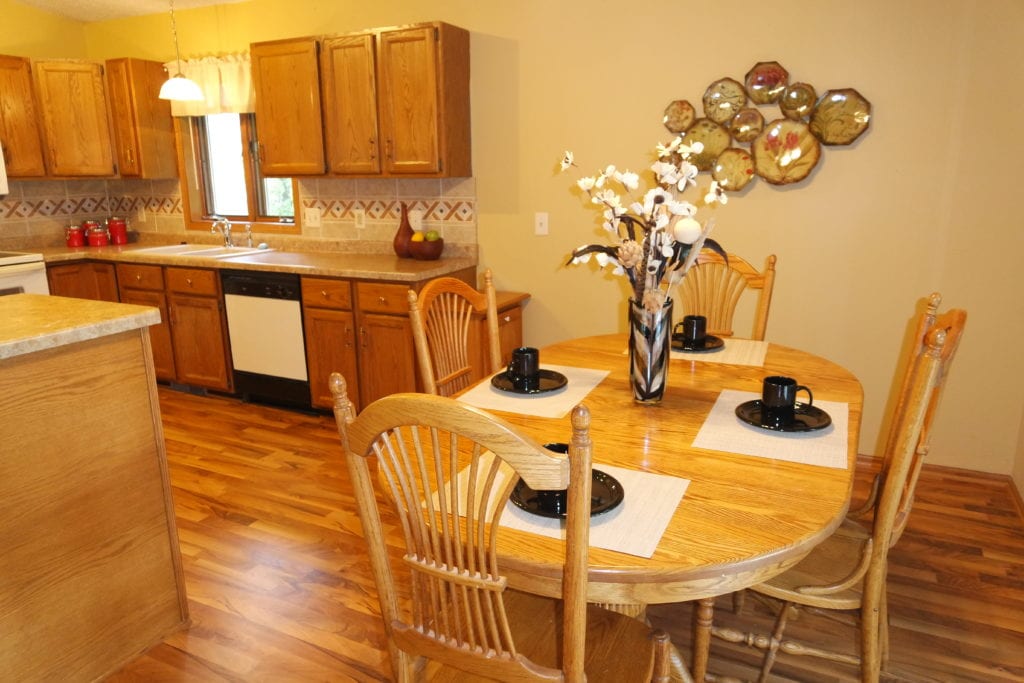Realtor Panel
A few weeks ago, I attended the Wisconsin Women’s Council of Realtors Madison Metro Network luncheon. A panel of four local (women) realtors answered questions asked by the general audience, consisting of other realtors, insurance agents, title companies, mortgage brokers and myself, a home stager.
Due to being a seller’s market, there were new concepts that were being employed, some of which had never been played before. For example: Selling for over appraised value: Because homes are selling for more than the appraised value, the home buyer must come up with cash independent of what is being mortgaged.
An escalation clause: An escalation clause is a real estate contract, sometimes called an escalator, that lets a home buyer say “I will pay x price for this home, but if the seller receives another offer that’s higher than mine, I’m willing to increase my offer to y price.” But be sure to include important provisions in your escalation clause. You want proof that there is a real, higher-priced offer against which you’re competing. And, try to insert the following language: “The prevailing party in any litigation or arbitration shall be awarded reasonable attorney fees and court costs.”
Value Range Pricing – Sellers who rely on value range pricing list a range of values at which they might be willing to sell the house, with the estimated value of the home generally falling somewhere within that range. For example, for a property valued at $500,000, the listing may show the price as $475,000 to $525,000. One reason for using VRP is that it brings in more buyers for the seller. If you tell your agent you don’t want to spend more than 600K, and he takes you to a home that is 650K you are not going to want to see the home. However, if the home has a VRP of 600-700K you will go to look at it. The bottom line is, the more people who walk into a seller’s home, the more chance someone will want to buy it.
Another benefit to VRM pricing is in a heated market, like we had a few years ago, frankly we never knew from day to day what the value of a proprty was! A house today might sell for 50K more than the house next door did yesterday. VRM helped by encompasing yesterdays price, with a price a bit higher, and then buyers would start their “bidding process” on the property.
Staging?
I asked the panel whether home staging was being used in a seller’s market? Meaning, do you yourselves use a home stager?
One realtor said that homes almost sell themselves in this market, so there is no need to use a home stager. The second one said she uses a stager occasionally on “problem homes,” such as a poor floor plan or poor location, but only after it hasn’t moved in a month. The third says she stages her own listings as she doesn’t care if she is the “bad guy”. The fourth realtor, whom I’ve worked with before acknowledges she uses a few different stagers.
Actually this bedroom was one of the rooms I staged for the fourth realtor. The house had been listed twice before and now that this realtor had the listing, she had me stage the master bedroom, the living room, the dining room, and the screen porch. It sold within a few months.
Staging is a Win-Win
All houses will sell eventually, whether in a buyer’s or seller’s market. When a house is staged, it shows the full potential of the house, and thus can command more money and sell faster because potential buyers made an emotional connection to the house and put in an offer. Premiere Home Stagers realizes that not every house should be staged—due to foreclosure, investment property, “as is” properties, or selling to a relative. In most cases, home staging is a wise investment. Call Premiere Home Stagers at 608-345-9396 before you list.



